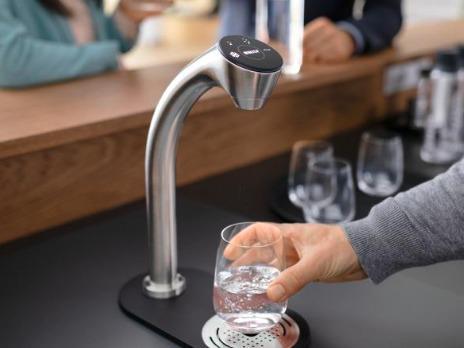Water pollution, or the act of contaminating water, can happen to a lake, river, or ocean by releasing chemicals and harmful substances into the water. Water is the most critical resource for life on Earth, and we have a responsibility to protect and preserve this precious resource.
What Causes Water Pollution?
Water pollution has many causes:
Industrial waste
Much water pollution arises from the many major industries that use water as a raw material. In industrial regions, factories discharge large amounts of toxic substances into the water, altering its chemical nature and causing widespread pollution. Among these pollutants are by-products of industrial processes such as chemicals, bacteria, pesticides, and their by-products.
Factories, farms, and the cities in which we live also cause oil pollution in water daily.
Oil spills account for around 12% of all oil entering the ocean. The remainder is derived via shipping, drainage, and dumping. Every year, it is estimated that 706 million gallons of waste oil reach the ocean.
Uranium mining, nuclear power plants, and the production and testing of military weapons can cause radioactive waste – it emits radiation beyond what is naturally released by the environment. It can significantly threaten groundwater, surface water, and coastal habitats.
Sewage and wastewater
Other pollutants include sewage in domestic plumbing systems. These substances get into freshwater sources through various pipes or runoff from paved areas nearest to the water source.
Agriculture
Agriculture is the primary source of water pollution according to The EPA. Fertilizers, pesticides, and animal manure from farms and livestock operations wash germs and viruses into our water every time it rains.

Types of Water Pollution
The four main types of water pollution are:
- Surface Water Pollution – around 71% of the Earth is covered in water. Surface water pollution refers to water contamination in rivers, ponds, lakes, oceans, and seas.
- Groundwater pollution is water contamination beneath the Earth's surface.
- Point Source pollution is when pollution comes from a single source such as waste, oil, or chemical spillage.
- Nonpoint source pollution is when contamination comes from multiple sources such as sewage, land runoff, atmospheric deposition, precipitation, and hydromodification.

The Effects of Water Pollution
Water pollution can cause various issues, such as destroying habitats, threatening marine life, or creating algal blooms that produce toxins. And it is not only the environment it can be harmful to - it can also affect our well-being if it gets into our system.
How to Reduce Water Pollution
We can all do more to help reduce and prevent water contamination – follow our simple guidelines:
- We can become educated consumers and be more aware of pollution and the ways we contribute to sustainability.
- Minimise buying single-use plastic items such as water bottles and plastic bags to reduce your plastic consumption.
- Utilise water dispensers in your workplace – they cut out the waste and emissions associated with the making, transporting, and disposing of single-use bottles.
- Recycle your water filters and plastics.
- Correctly dispose of substances that contain harmful chemicals in our water such as paints, oils, and solvents.
- If you have pets – always clean up after them.
- Make sure your car does not leak any oil, antifreeze, or coolant as these can end up in our water when it rains.
For more information on how we are committed to sustainability, find our sustainable water dispensers and discover how we are trying to make a difference. If you would like to talk more, contact us. We'll help find the perfect water solution for your business's needs.




